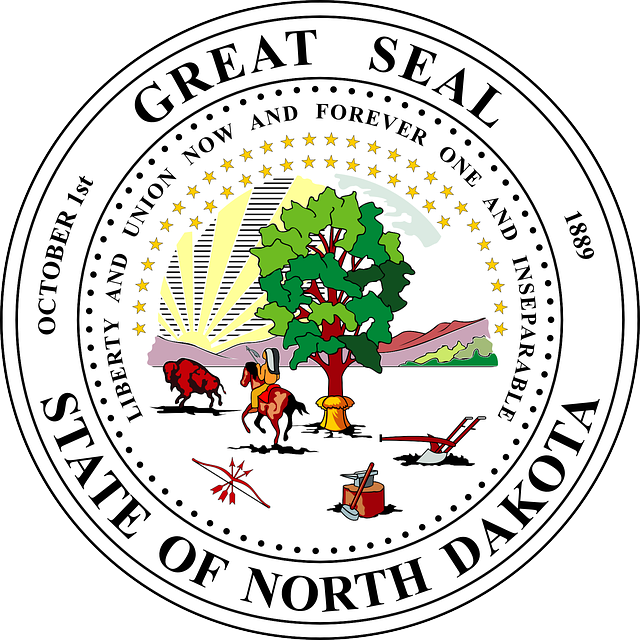North Dakota has strict regulations for debt collection agencies, prioritizing consumer protection with mandatory bonding requirements through the Department of Commerce. This bond guarantees ethical conduct, preventing deceptive tactics and ensuring clear communication of rights. While legal counsel is common, simple debt matters should be handled directly or through specialized agencies to avoid unnecessary delays and costs. Residents are advised to exercise discretion in considering whether to involve law firms for their debt collection needs in North Dakota.
“North Dakota’s debt collection industry operates under stringent regulations designed to protect consumers from aggressive practices. This article serves as a comprehensive guide for understanding the state’s bonding rules, especially focusing on when and why to avoid engaging law firms in debt collection efforts. By delving into the ‘Bonding Requirements’ and ‘Important Exclusions,’ you’ll gain crucial insights into navigating North Dakota’s debt collection landscape ethically.”
Understanding North Dakota's Debt Collection Agency Regulations
North Dakota has established a comprehensive set of regulations for debt collection agencies, ensuring consumer protection and fair practices within the state. These rules are designed to regulate the conduct of collection agencies, including their interactions with debtors, to prevent abusive or misleading tactics. One key aspect is the requirement for bonding, which serves as a financial safeguard for consumers. All debt collection agencies operating in North Dakota must obtain a bond, ensuring that they have the means to compensate consumers for any potential harm or losses caused by their operations.
The bonding process involves submitting an application to the North Dakota Department of Commerce, accompanied by proof of financial capacity and a premium payment. This bond acts as a promise from the agency to uphold ethical collection practices, including refraining from using deceptive or harassing tactics, ensuring proper documentation, and providing debtors with clear information about their rights. By implementing these regulations, North Dakota aims to maintain a balanced approach to debt collection, protecting consumers while allowing legitimate agencies to conduct their business fairly.
Bonding Requirements for Debt Collectors in North Dakota
In North Dakota, debt collectors must obtain a bond to operate legally in the state. This requirement is outlined by the North Dakota Department of Commerce, which oversees the licensing and regulation of debt collection agencies. The purpose of this bond is to protect consumers from unethical or harmful practices by ensuring that debt collectors adhere to state laws and regulations. Specifically, the bond serves as a financial guarantee that the collector will fulfill their legal obligations, including fair debt collection practices and compliance with consumer protection laws.
The bonding requirements for debt collectors in North Dakota typically involve filing a bond with the state for a specified amount. This bond is designed to cover any damages or losses that may occur due to the collector’s actions. Additionally, debt collection agencies must also meet other licensing and registration criteria, such as providing proof of insurance and maintaining proper records. By adhering to these bonding and regulatory standards, North Dakota residents can have peace of mind knowing that their interactions with debt collectors are governed by strict rules, including the prohibition on calling law firms directly, ensuring a more transparent and consumer-friendly process.
Important Exclusions: When Not to Call Law Firms in North Dakota
In North Dakota, it’s important to understand when not to involve law firms in debt collection efforts. Despite the common practice of retaining legal counsel for debt recovery, there are specific scenarios where this approach may be unnecessary or even counterproductive. Calling law firms should be reserved for complex cases involving substantial debts or unique legal issues.
For instance, simple and straightforward debt collection matters often resolve more efficiently through direct communication with debtors or using specialized debt collection agencies. Engaging a law firm in these situations can lead to increased costs and potential delays, as legal processes are not always the fastest means of recovery. Therefore, North Dakota residents and businesses should exercise discretion when considering whether to do not call law firms for their debt collection needs.






